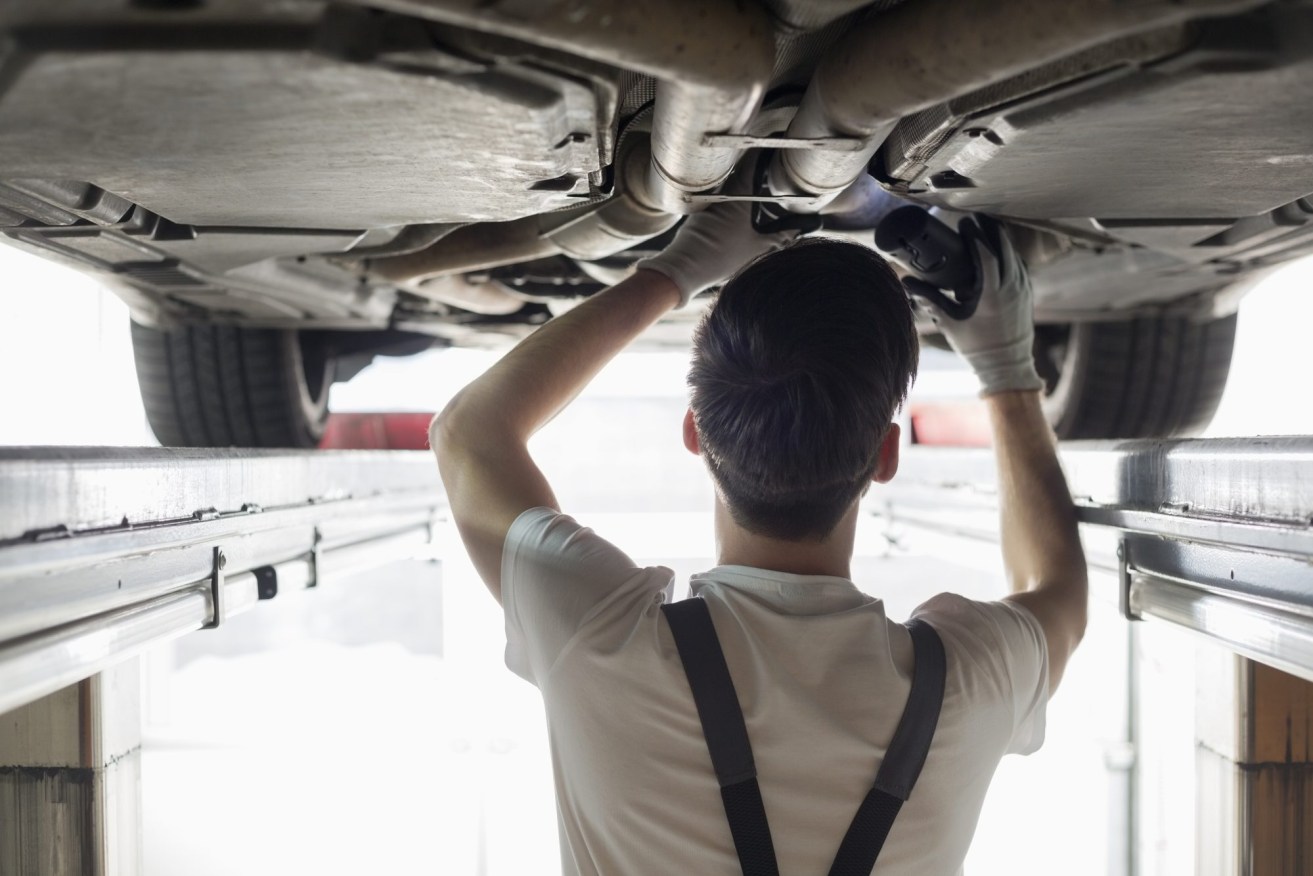Lifting SA’s staff shortage burden
Chronic staff shortages plague the state’s automotive sector and many other industries. Ahead of this week’s federal Jobs and Skills Summit, Paul Unerkov suggests reforms to kickstart employment and boost productivity.

Photo supplied
The Federal Government’s Jobs and Skills Summit will be an important opportunity to identify and respond to business needs.
One of the key themes listed for debate will be addressing skill shortages.
Businesses across the country are crying out for employees and South Australia’s automotive industry is not immune to these challenges.
The local sector is worth more than $2 billion to the South Australian economy but long-term planning is required to mitigate acute labour shortages and ensure workers are equipped with the skills of tomorrow.
Classified as an essential service throughout the state’s COVID restrictions, the automotive retail, service and repair industry helps keep our economy ticking over.
Workshops being booked out for months on end is not just an inconvenience – its flow on effect is a handbrake on the productivity of all industries including freight, agricultural production and transport, in addition to technology-intensive sectors such as mining.
The pace of change in running a small, medium or family business in the automotive industry can at times be hard to keep up with, but the consistent message I receive is that skills shortages remains the number one challenge.
The Motor Trade Association has consistently advocated for policies to improve the attraction, retention and completion of local apprentices, in addition to a return of skilled migration to at least pre-pandemic levels.
In South Australia, there is a shortage of approximately 2,000 skilled positions across our industry, with more than half of businesses identifying a labour shortage.
This is even more pronounced in regional areas. The average time taken for country-based employers to fill skill vacancies within their business is approximately nine months, compared to an average of six and a half months for their Adelaide counterparts.
This not only has a huge effect directly on regional business but it also trickles down through the whole town as customers have to travel further or miss critical servicing or repair work on their vehicle.
Workshops being booked out for months on end is not just an inconvenience – its flow on effect is a handbrake on the productivity of all industries including freight, agricultural production and transport
You can only imagine what these workforce challenges extrapolate to across the breadth of our economy. As Business Council of Australia’s Jennifer Westacott summarised: “Chronic worker and skills shortages, and supply chain challenges are pushing up costs and kneecapping productivity.”
To address this, the automotive industry requires continued investment from all levels of government in a strong pipeline of apprentices who will become the skilled technicians of tomorrow.
This must be matched by an equally dogged commitment of promoting the automotive sector, both to school leavers and mature age apprentices, as a genuine pathway into an exciting, innovative and secure future. With the employment market as hotly contested as ever, this is not always easy.
To plug these market gaps, consideration should be given to provide older Australians the opportunity to return to the workforce without jeopardising their pension or superannuation payments.
A pilot project could see older retired, or semi-retired Australians return to the automotive industry for up to three days per week in a mentoring and teaching capacity, as well as on the tools where appropriate to help overcome critical workshop shortages.
Businesses also need support to more easily access skilled migration, particularly for regional locations and for highly skilled and specialised positions which cannot be filled locally.
In comparison to our eastern state neighbours, South Australia is perfectly positioned as an accessible and affordable destination for international talent.
This should encompass all sectors of the economy. Increasing skilled migration to only a select few industries would only solve part of the problem.
We must act now. Failure to address these concerns will only hamper business productivity, ultimately leading to higher consumer costs at a time of significant inflationary pressures.
Our state has a proud automotive tradition which has endured time and time again. With the right settings and support this can continue well into the future.
The success of the Jobs and Skills Summit will not be measured by its rhetoric but the tangible outcomes it produces.
Paul Unerkov is CEO of the Motor Trade Association




